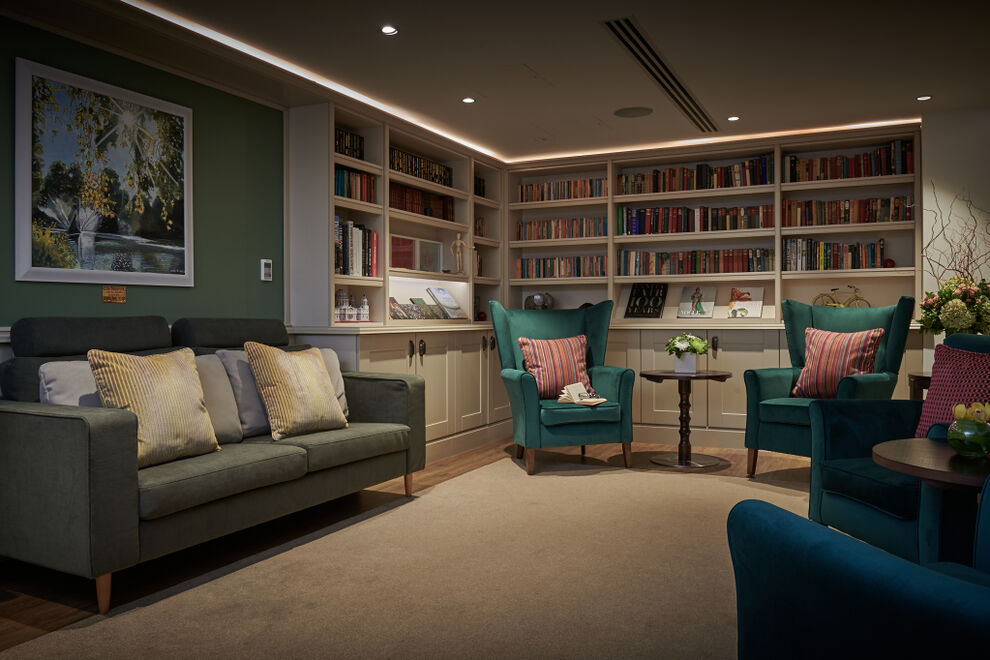Tips for Selecting a Care Home

Selecting a care home for your loved one can be one of the hardest decisions in life, especially as the decision is often made in time of a crisis or care emergency.
We understand the enormity of the situation and the emotional implications this has on both the individual and their nearest and dearest.
Gabriela Zackova, Director of Wellbeing and Dementia at Loveday and a Specialist Advisor to the CQC offers advice on choosing a care home, to help navigate through this immensely difficult time.
Be prepared- making the move into a care home is stressful. Reduce the stress by doing preliminary work in advance so the decision isn’t rushed. Start looking early as good homes have waiting lists and you’ll get to see as many homes as possible more than once if needed.
- Decide on type of specialist care needed now and for the future - does the home have the capacity to deal with all care needs? Get a care needs assessment.
- Make a list of all things important to your loved one and what their needs are – does the home have the capacity to meet the needs? (pets, art, excursions, access to outdoor space, good nutrition, location and environment)
- Make a shortlist of homes that fulfil the needs. Ask GP, friends and local networks for recommendations
- What clinical support does the home receive from local doctors?
- How does the home manage medicines?
- What Covid precautions is the home taking and what is their most current visiting policy?
- Review the activities on offer – you don’t want the activities to be limited. The programme should be diverse with a range of stimulating activities such as entertainment, games, fitness and art. Ask for the weekly schedule of activities and come in announced to see how activities are executed.
- Read CQC reports and reviews of the home – also ask to speak with family members of residents who will give their personal account of their experiences
- Have a meal in the home – if you don’t like the menu (or the food) your loved one is unlikely to and nutrition is hugely important for the elderly. When dining, observe if other residents are eating and how the food is received? Do they cater for nutritional needs and dietary requirements?
- Meet the care teams, not just the sales person leading the tour. Observe how the care is delivered
- Seek financial advice - plan for the future – will the fees change as the care needs change
- What is the care to resident ratio? Day and night, what does home do when there are staff shortages, what agencies do they use? How is dependency assessed?
Visit the shortlist of homes. Use the below as a guide of things to assess whilst you’re doing a tour(and score!). Also, try to speak with the carers and also residents if possible to gauge their happiness and possibly ask to speak with a resident’s family member to get their feedback!
| Observation | Score 1-5 | |
| Is the home clean | ||
| Are the residents happy | ||
| What are the menus? Is the food fresh? | ||
| What is the visitor policy? - Are there specific visiting hours or are doors always open? | ||
| What are the residents doing? - Are they doing activities - Do they seem happy | ||
| Evidence of excursions and activities - how will their hobbies and interests be integrated? | ||
| How are the care team interacting with the residents? | ||
| Is the environment stimulating, are the residents engaged? | ||
| Does the home have a routine or are they reactive to resident’s needs? i.e. if someone eats at night, wakes up very early or very late, will their routine be accommodated or will they need to conform to a schedule |
Published: 30th of September 2021 by Loveday & Co
Tagged: Dementia

